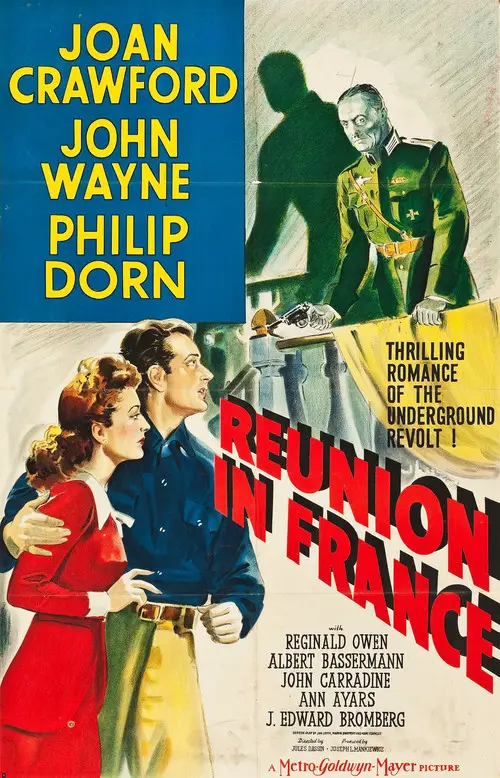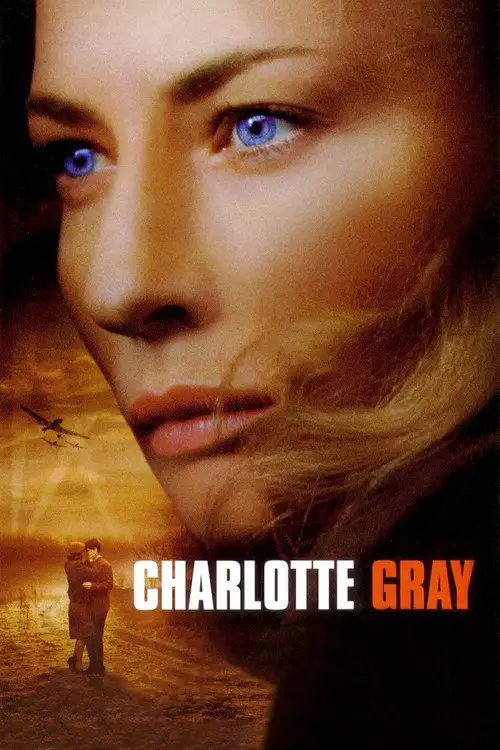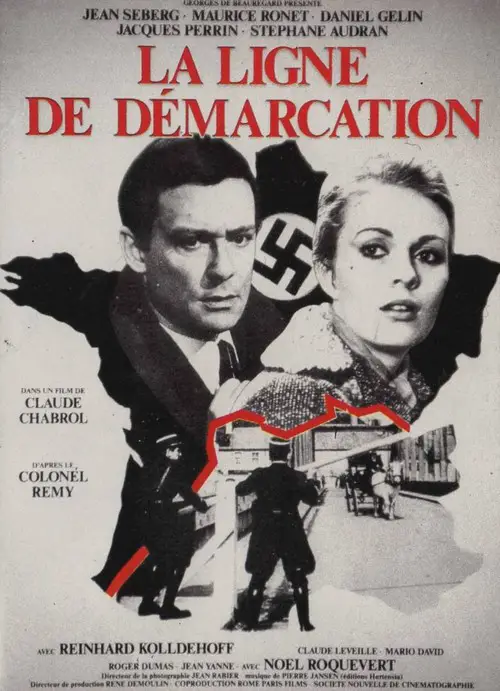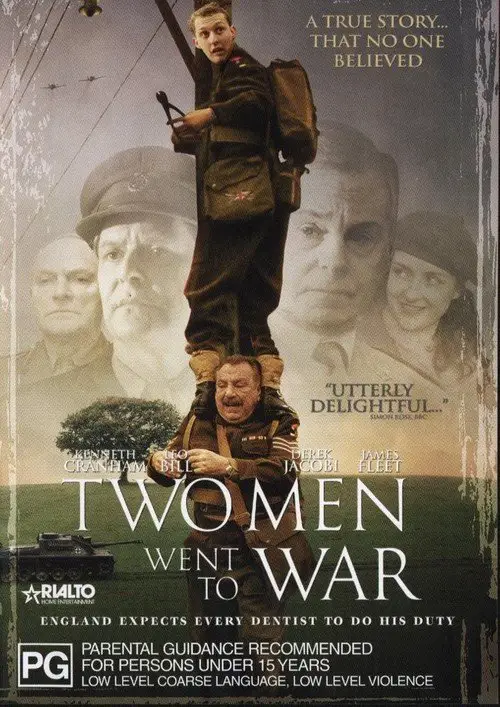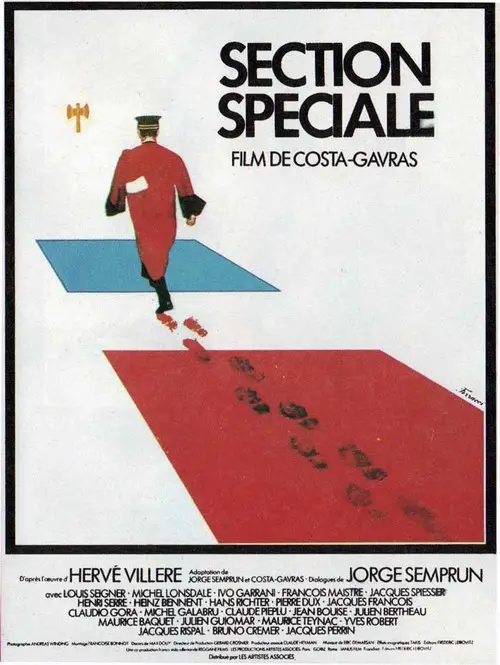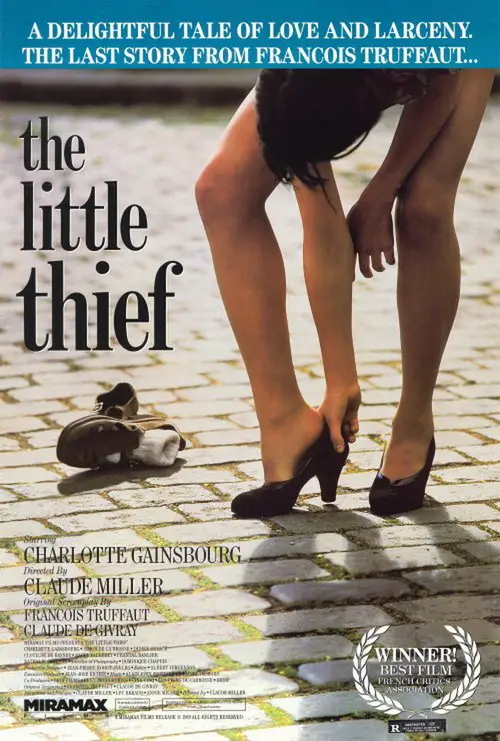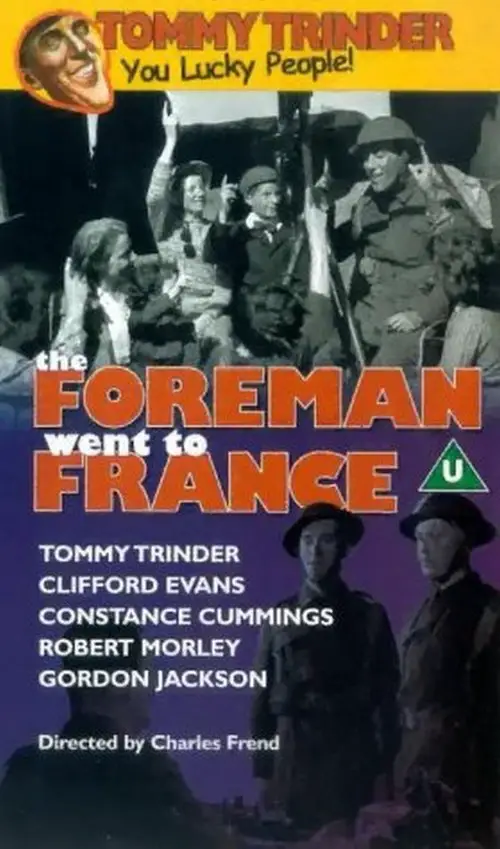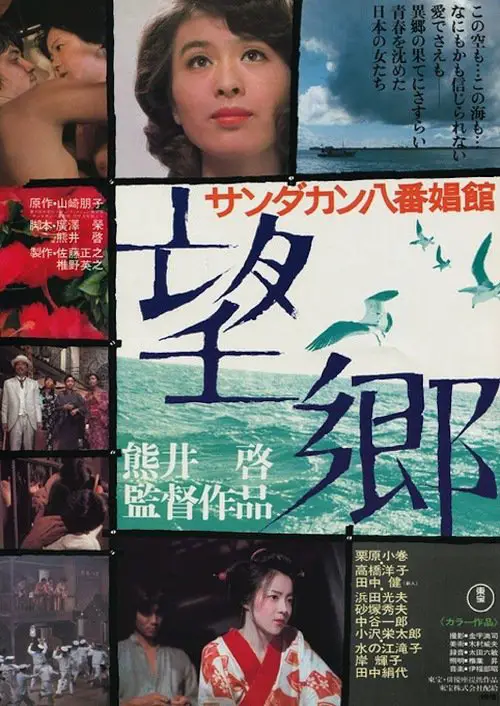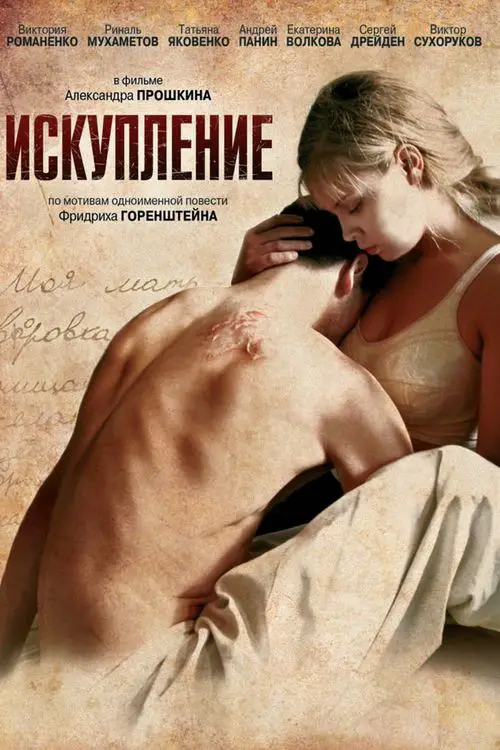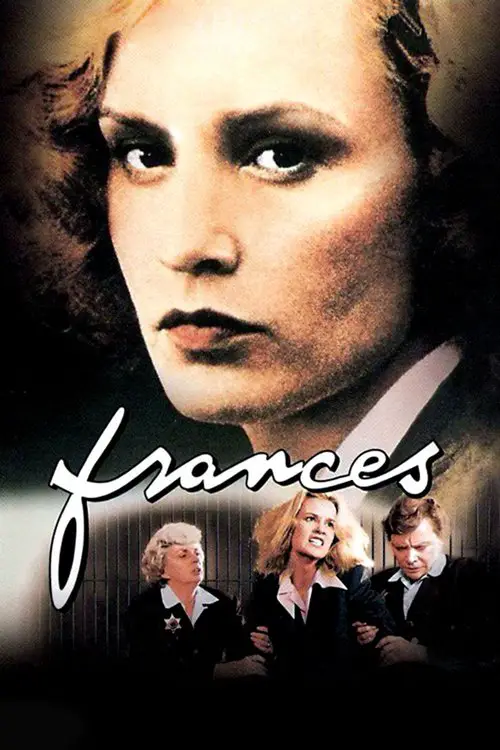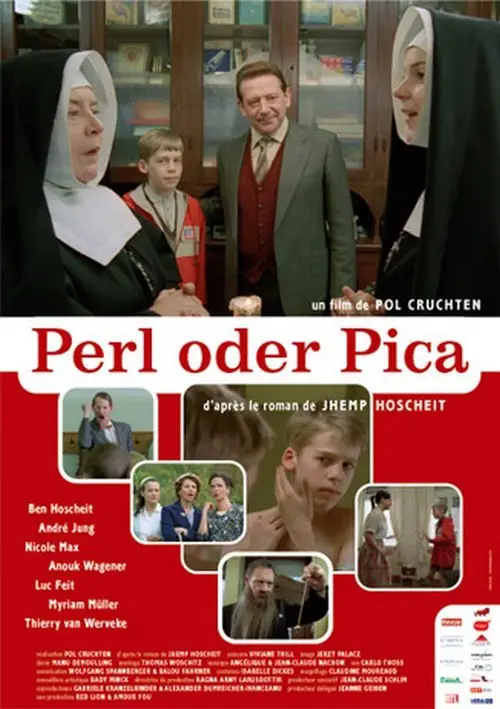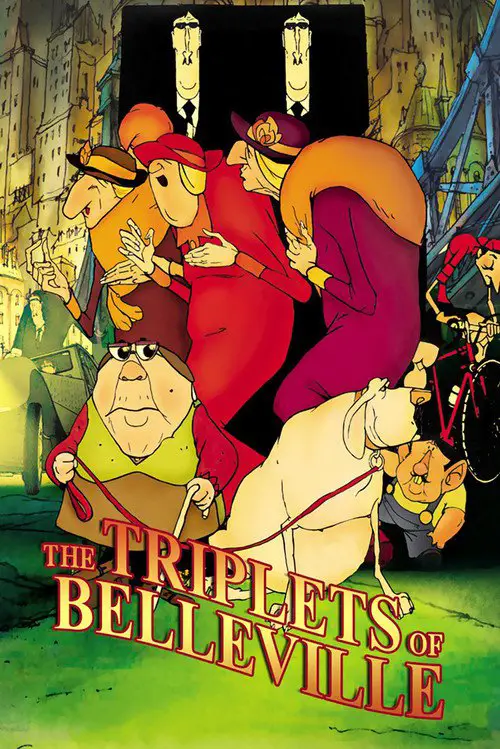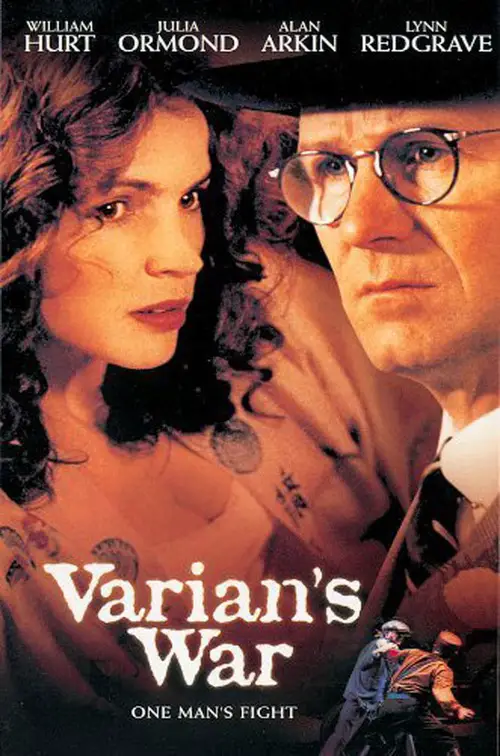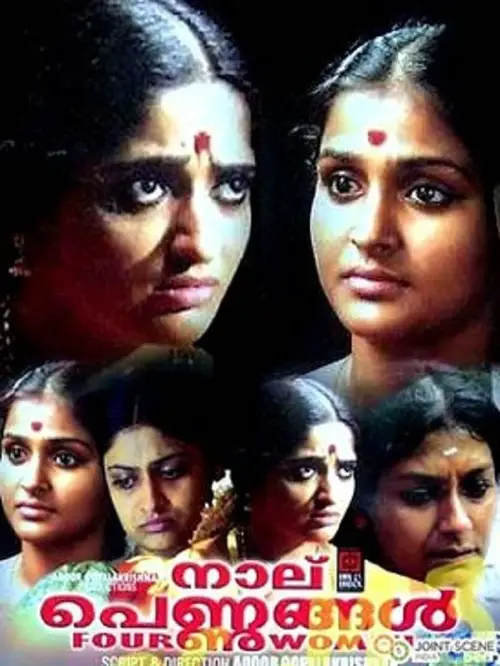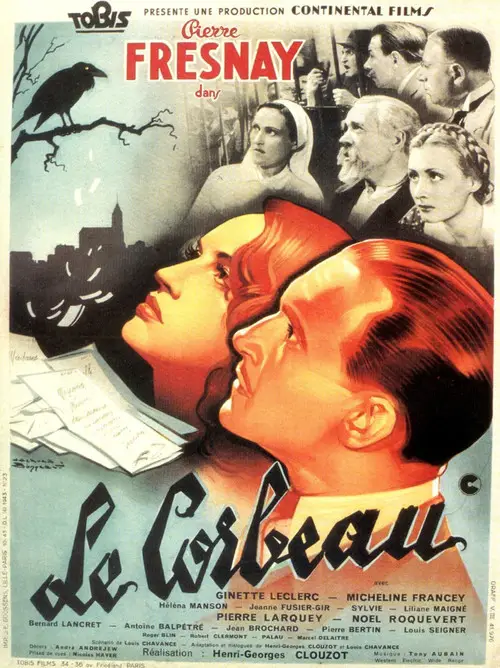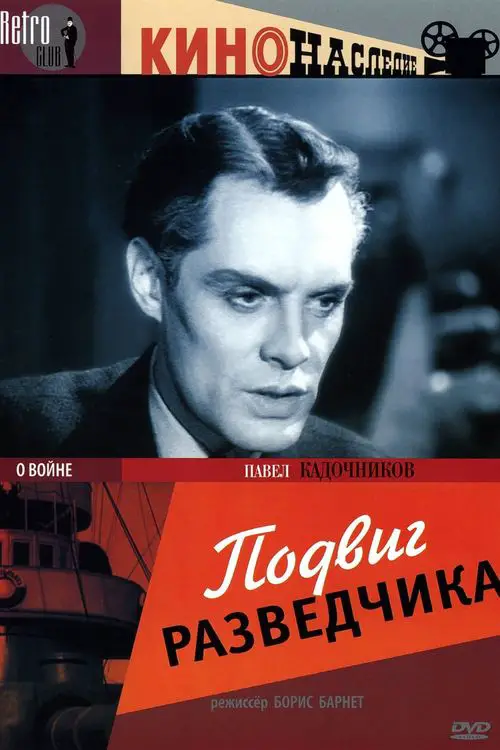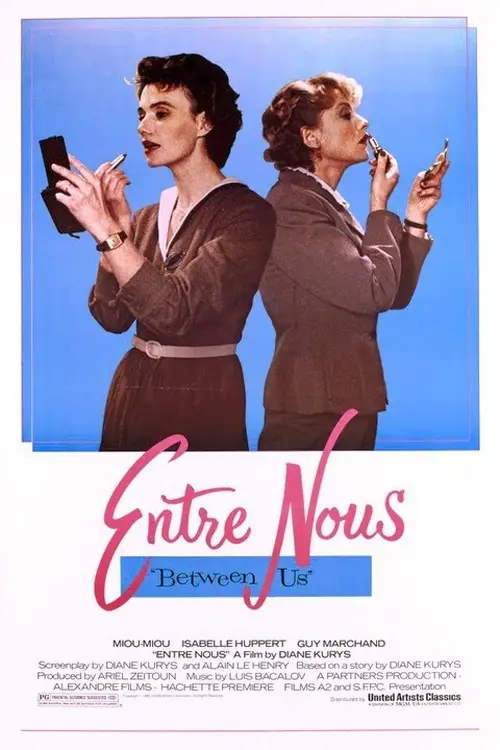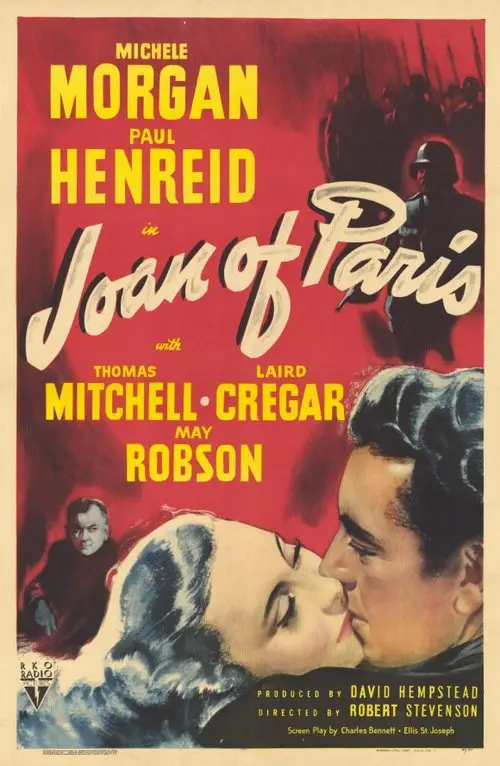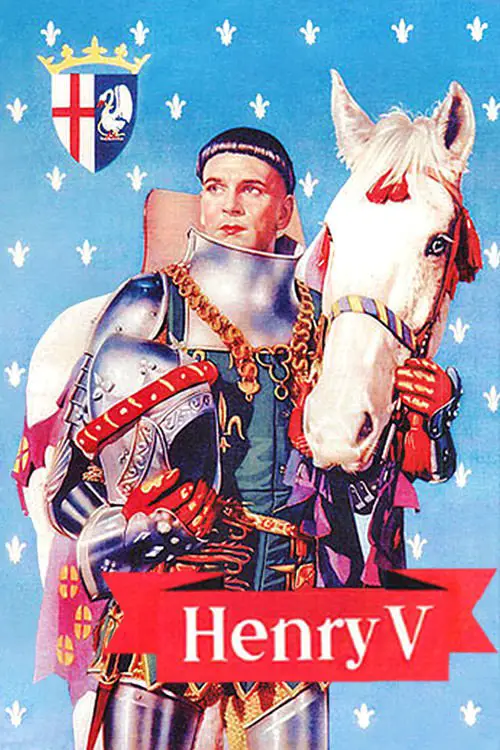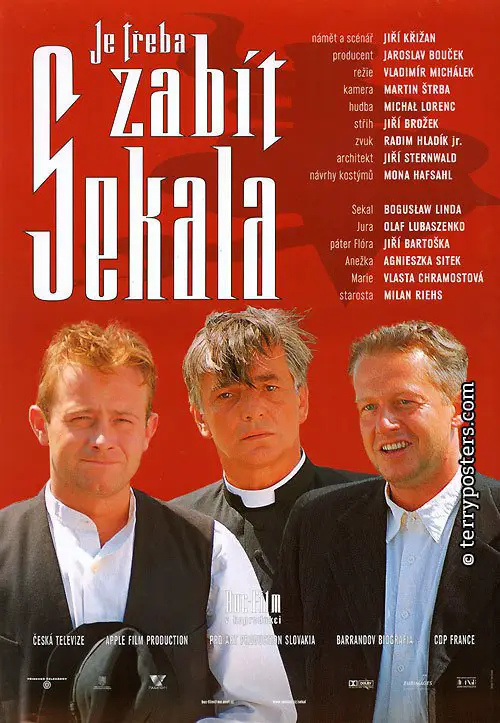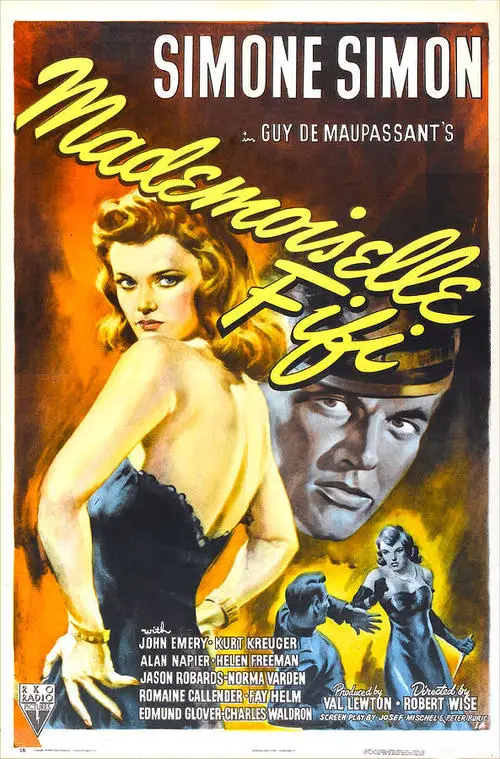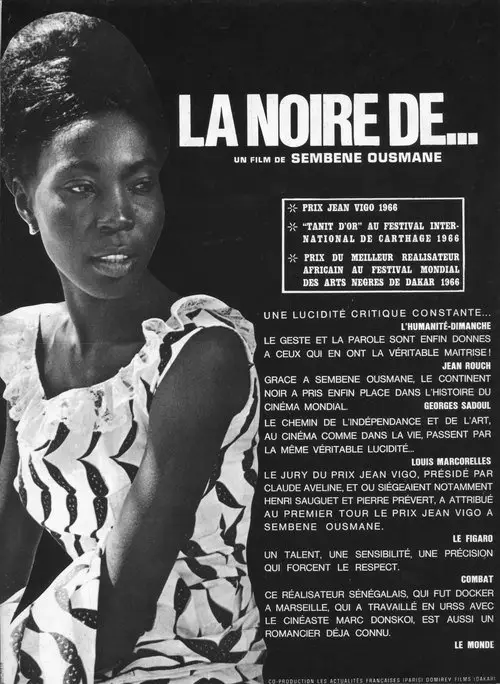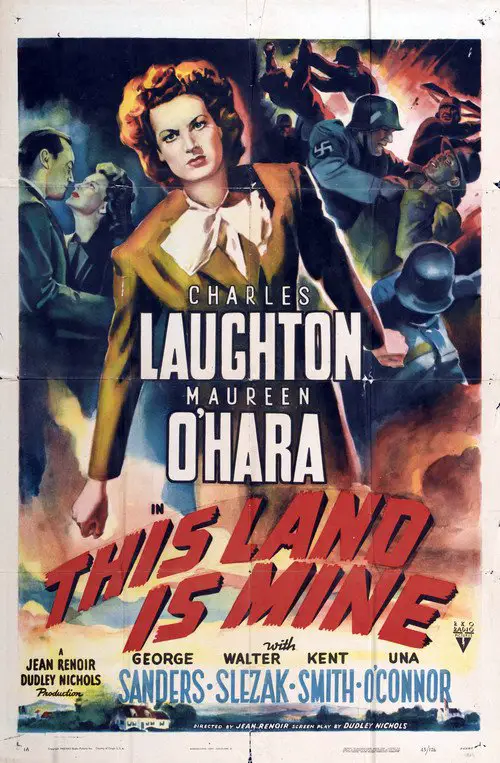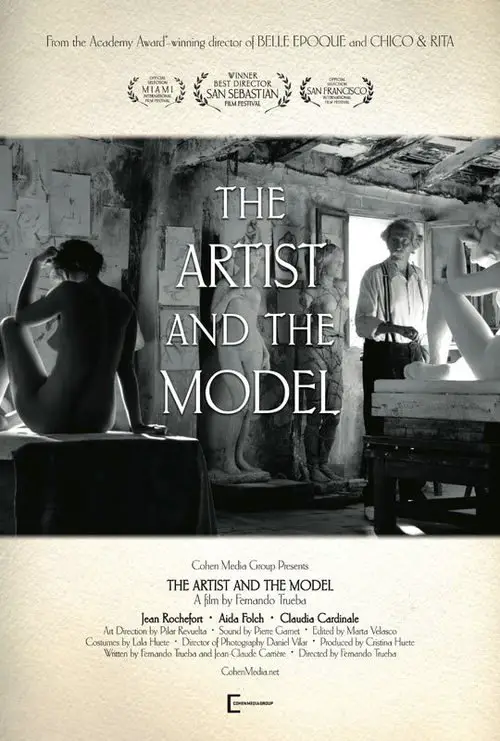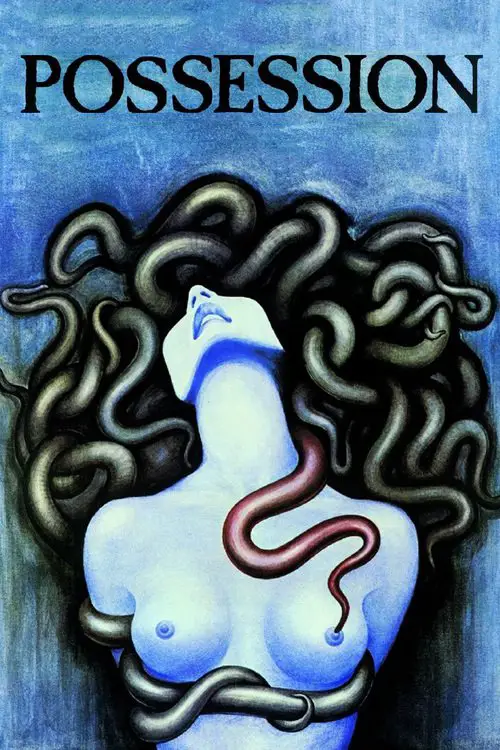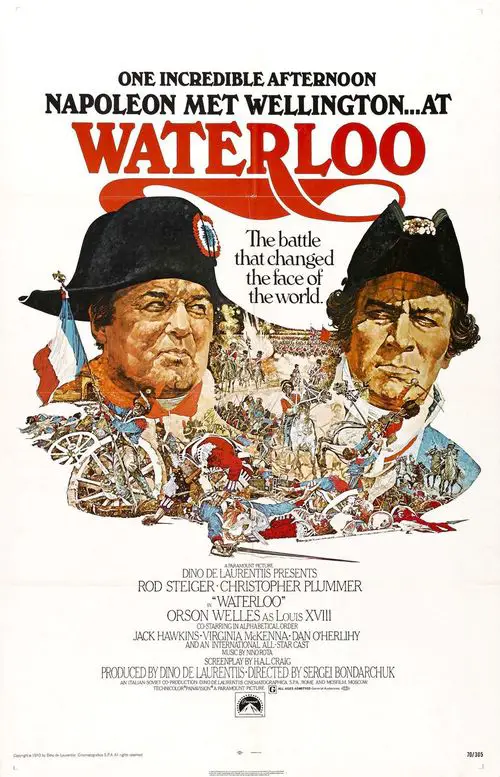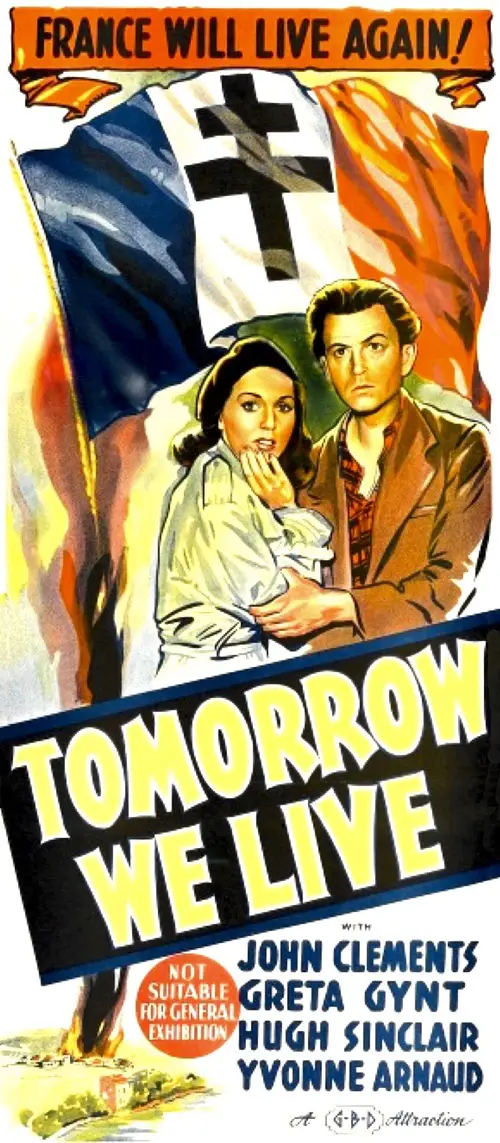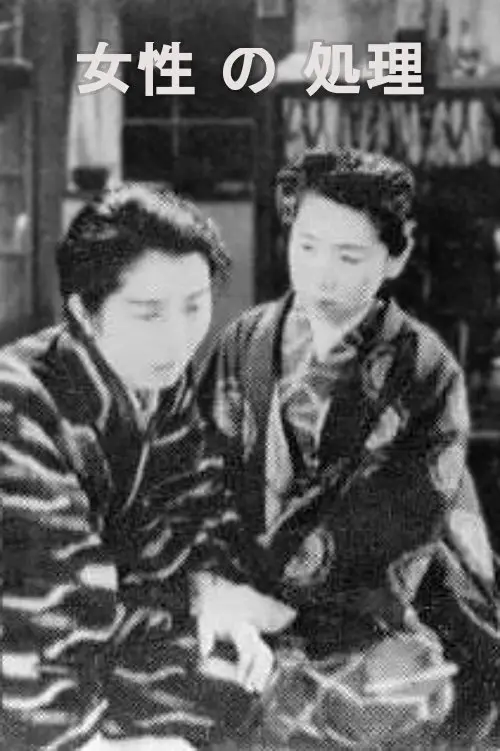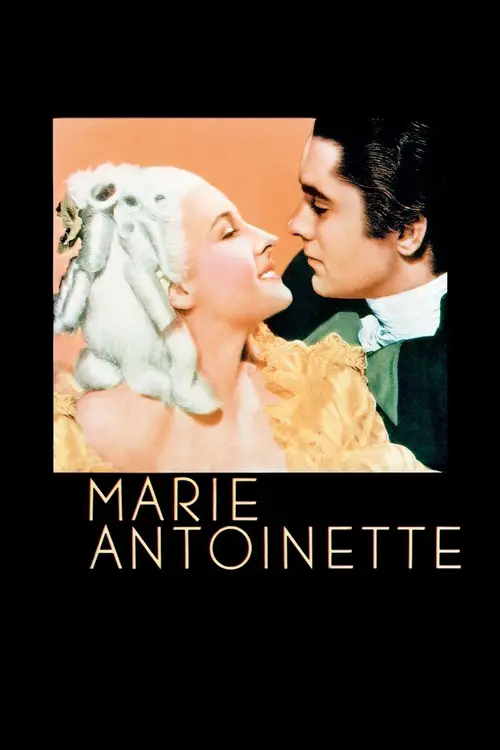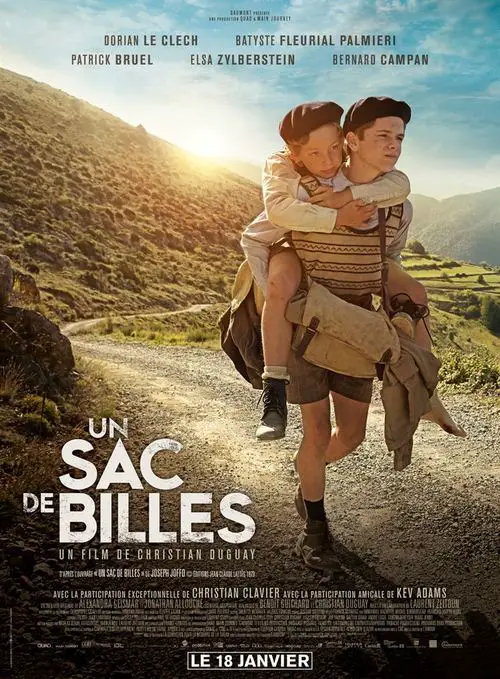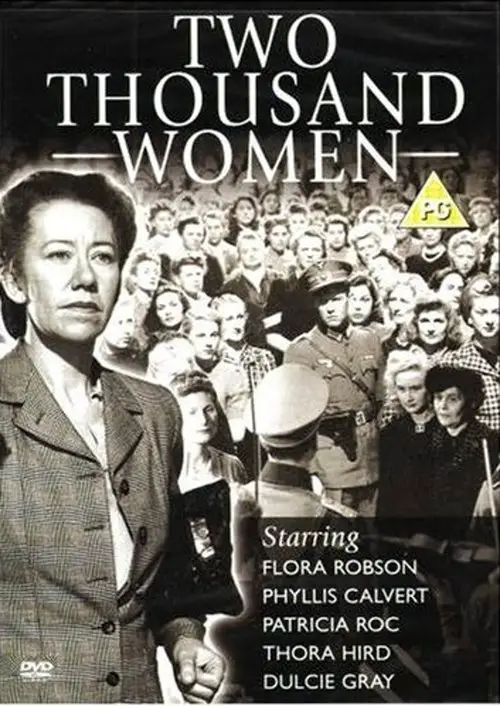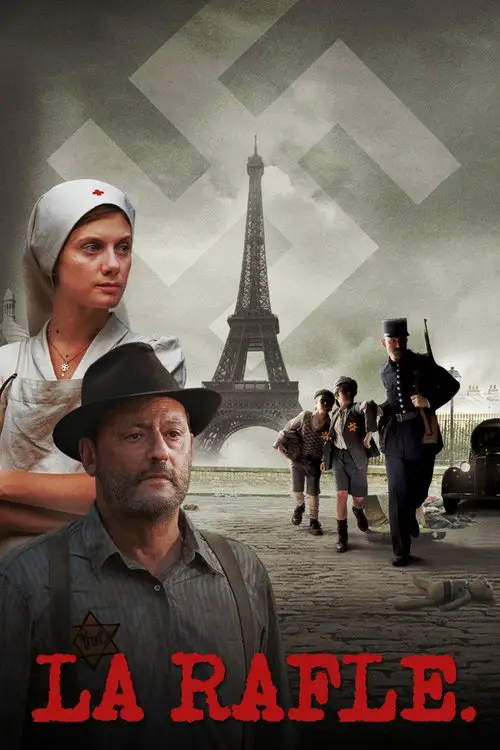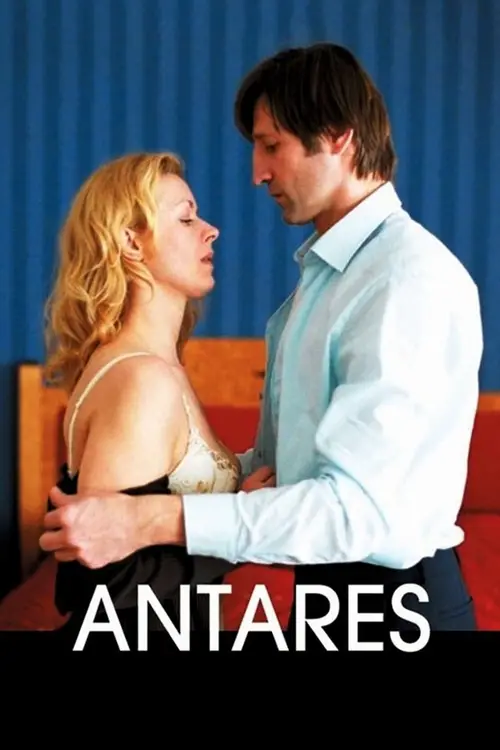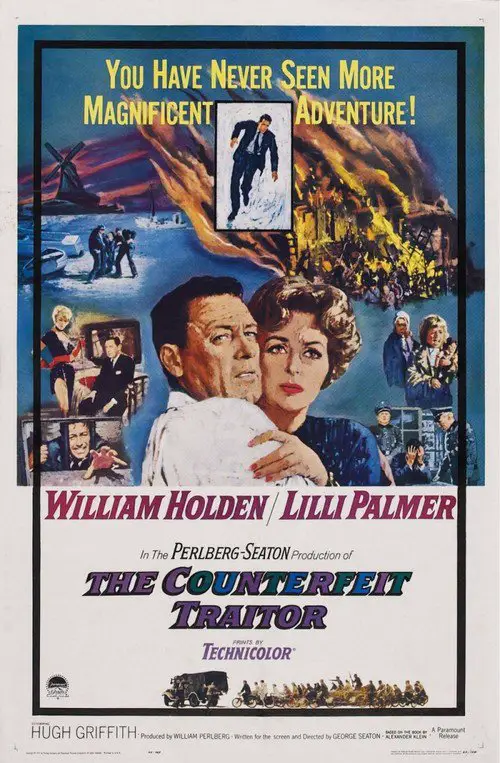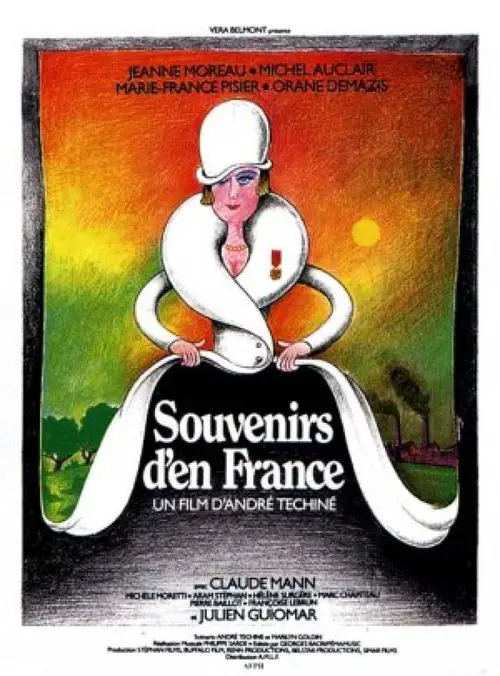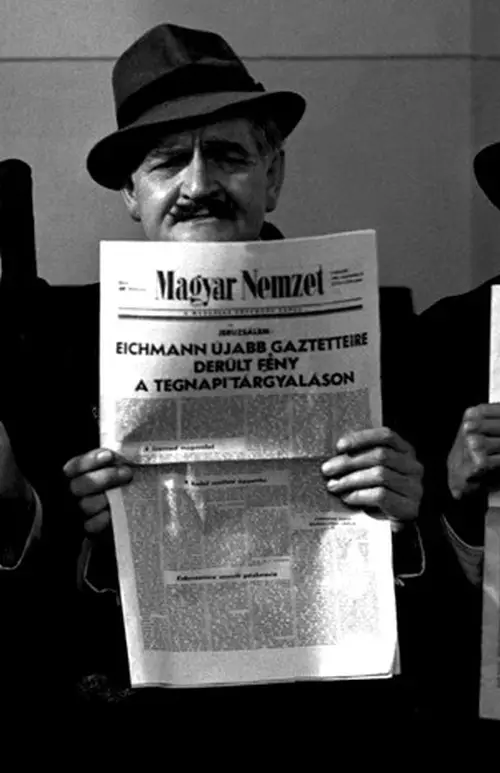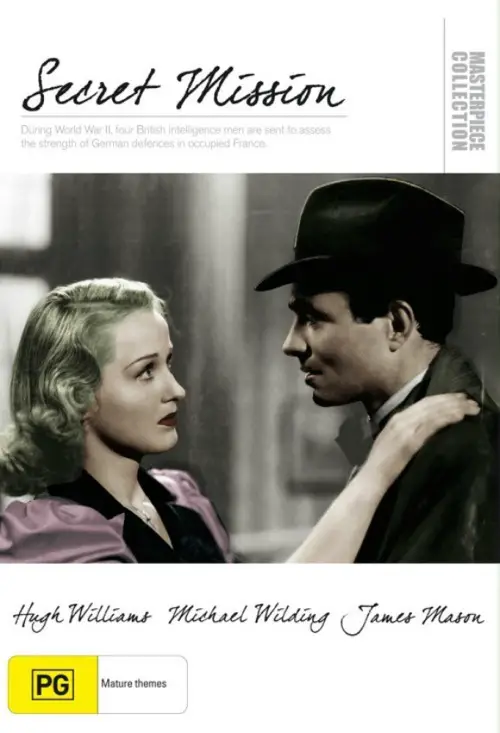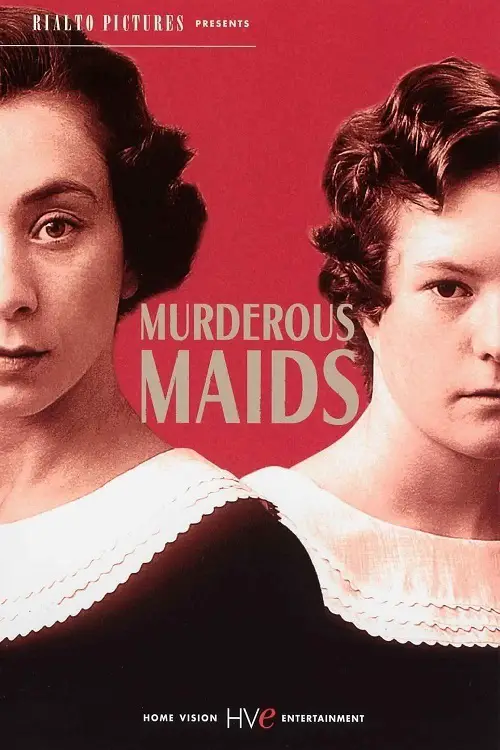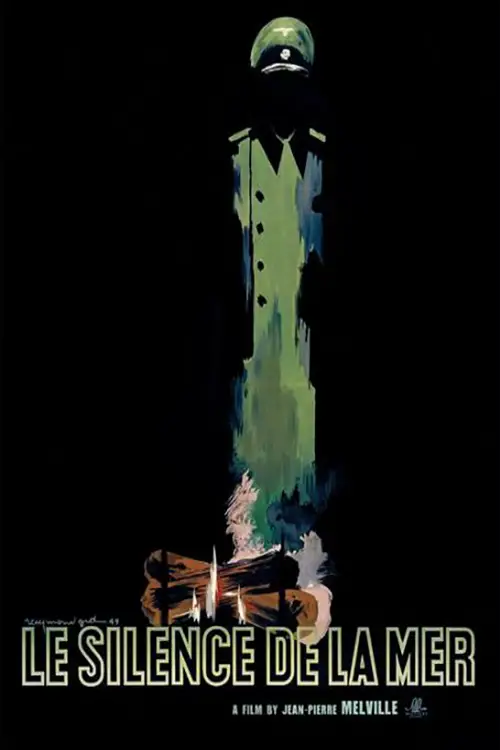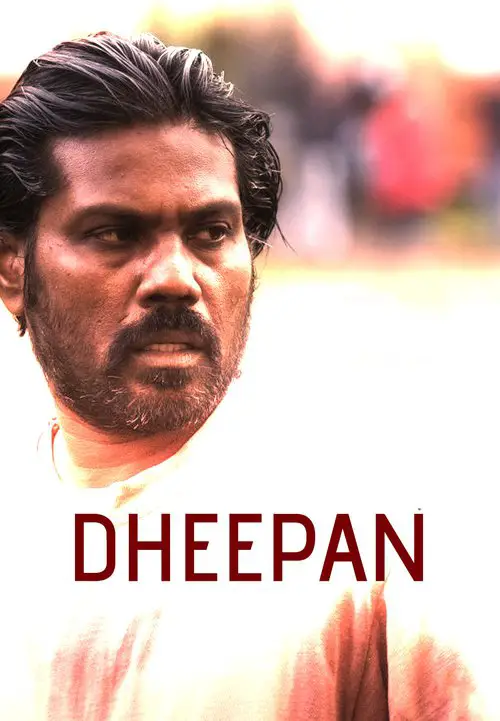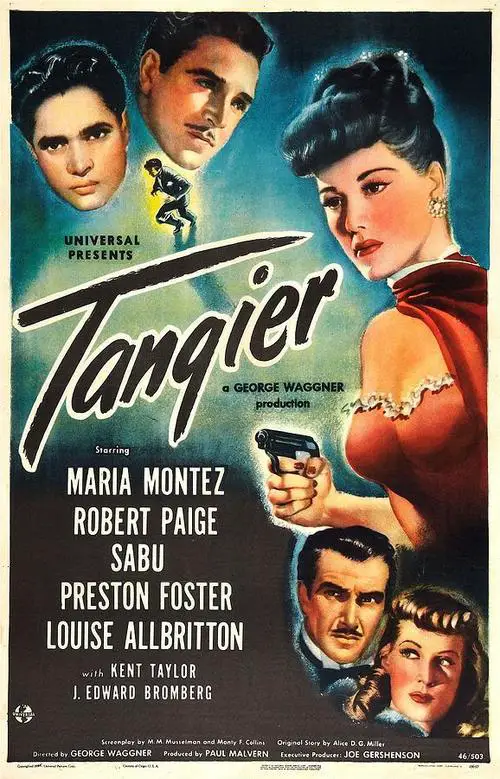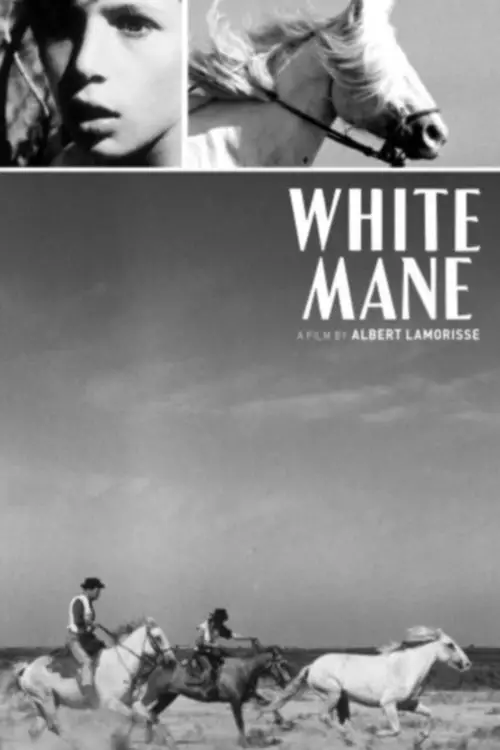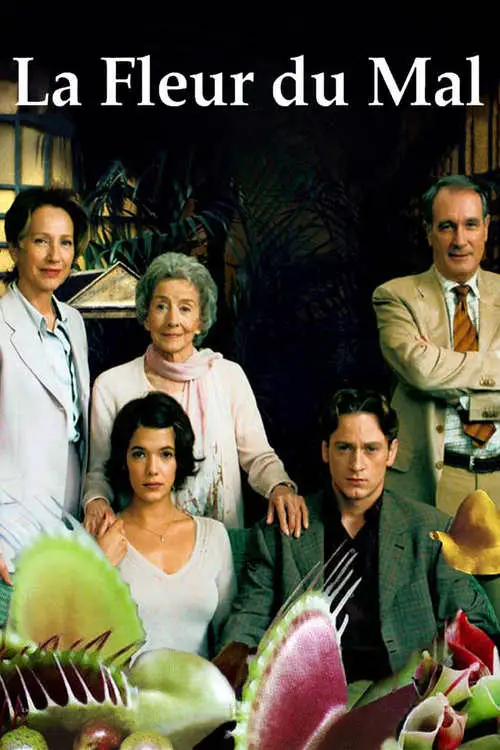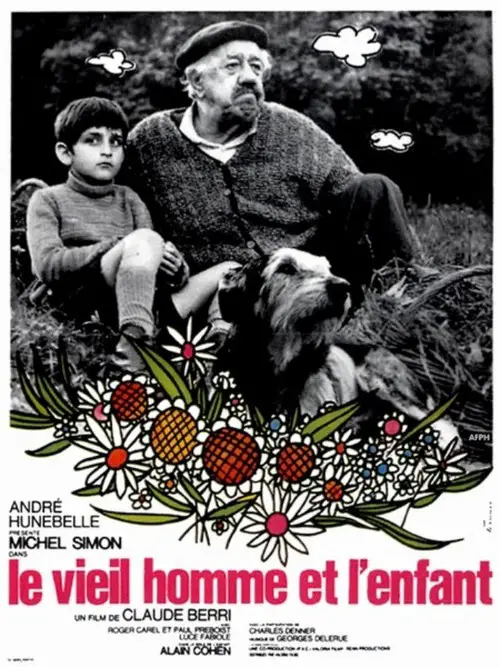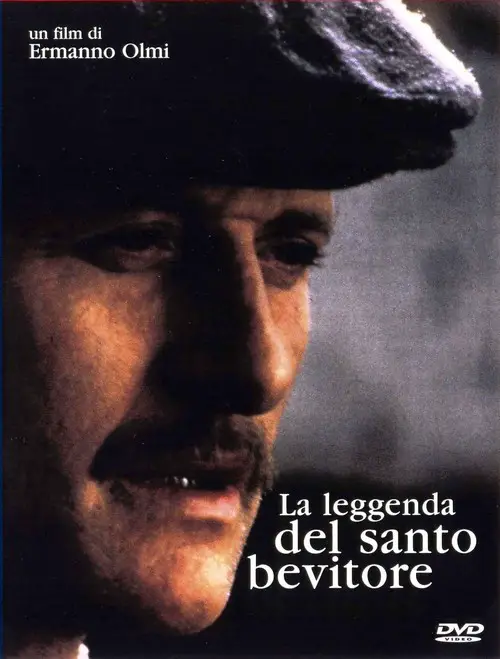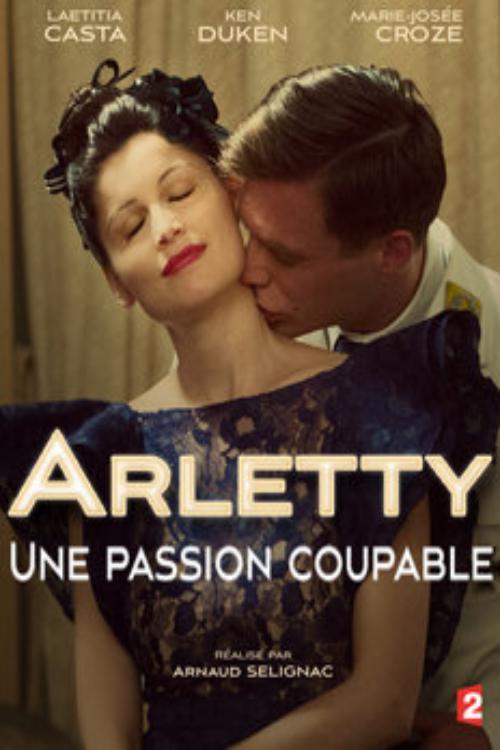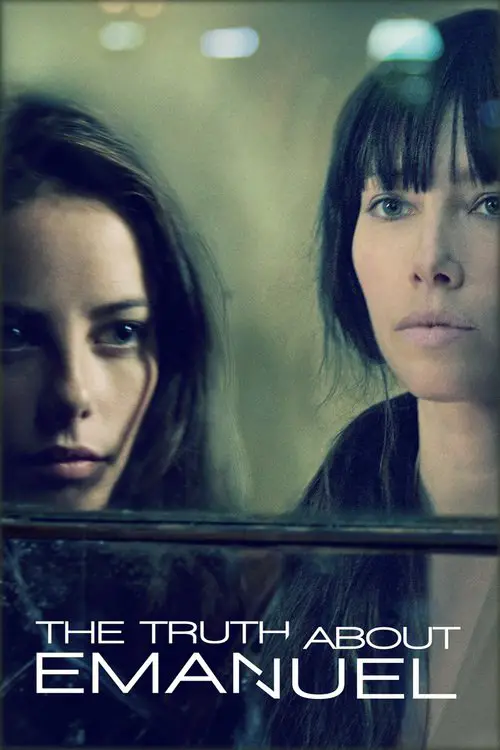Story of Women (1988)
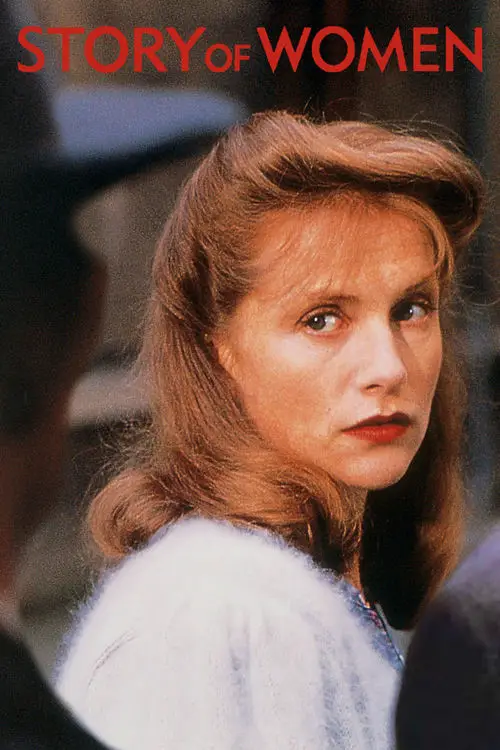
Similar movies
Line of Demarcation. is a 1966 film written and directed by Claude Chabrol. Its title in French is La Ligne de démarcation. It is based on upon the memoir Mémoires d'un agent secret de la France libre et La Ligne de démarcation by Gilbert Renault under his pseudonym Colonel Rémy. A small village in the Jura is split by the river Loue which creates the line of demarcation between Nazi occupied France and freedom. A French officer, Pierre (Ronet), is released by the Nazi soldiers to find his chateau converted into a German command centre. Whilst he is obliged to co-operate with the enemy, his wife Mary (Seberg) supports the resistance movement and is willing to risk her life for it. The Nazis step up their activity against the resistance, insisting that any who attempt to cross the line of demarcation will be shot. When his wife is arrested, Pierre decides to switch his allegiance.
This terrifying prequel attempts to trace the murderous roots of the cannibalistic killer. The film follows Lecter from his hard-scrabble Lithuanian childhood, where he witnesses the repulsive lengths to which hungry soldiers will go to satiate themselves, through his sojourn in France, where as a med student he hones his appetite for the kill.
In a small town in post-World-War-II France, an unhappy sixteen-year-old (Janine Castang) tries to escape her dreary situation by any means at her disposal. Three successive friends (Michel Davenne, a married lover; Raoul, a fellow thief; Mauricette Dargelos, a photographer and fellow prisoner) help her learn from her mistakes.
In a small town still occupied by the Germans as World War II's tide is turning toward the Allies, apprentice train-watcher Milos is oblivious to the war. Instead, he is obsessed with having his first sexual experience. Despite the favors of train conductor Masa, Milos has no luck. His quest leads him to a female Resistance fighter who, in passing, recruits him to the cause. As Milos finally finds love, danger draws closer.
Soviet agent Fedotov is air-dropped into Nazi occupied land. He changes over into Mr. Ekhert, a German entrepreneur wishing to take advantage of eastern worker slave labor in occupied Ukraine. Ekhert (Fedotov) enters into a partnership with a German entrepreneur who's son, Willie, is a high ranking Nazi. Together they go to Vinnitsa, Ukraine and start a factory. Fedotov begins seeking contacts with headquarters, but faces problems when a Ukrainian Nazi collaborator manages to infiltrate the Soviet partisans.
Arriving in Moscow, Chechen veteran Danila (Sergei Bodrov Jr) meets Konstantin, an old friend who tells him that his twin brother has been forced into signing a crooked contract with a US ice hockey team. Soon after this meeting, Danila discovers Konstantin dead and he sets out to avenge his death; a journey that leads him to Chicago and a whole new experience.
In 1942 in occupied France, a Jewish refugee marries a soldier to escape deportation to Germany. Meanwhile a wealthy art student loses her first husband to a stray Resistance bullet; at the Liberation she meets an actor, gets pregnant, and marries him. Lena and Madeleine meet at their children's school in Lyon in 1952 and the intensity of their relationship strains both their marriages to the breaking point.
The story of a famous old sculptor, weary of life and the folly of men, who finds, thanks to the arrival of a Spanish girl escaped from a refugee camp, the desire to return to work and sculpt your final work in occupied France in 1943. Model and artist, as they work, speak with simplicity and closeness to everything around them: The life and death, the injustice of the war, youth and old age, the search for beauty in times of horror, the sense and the need for art ...
A young woman left her family for an unspecified reason. The husband determines to find out the truth and starts following his wife. At first, he suspects that a man is involved. But gradually, he finds out more and more strange behaviors and bizarre incidents that indicate something more than a possessed love affair.
After defeating France and imprisoning Napoleon on Elba, ending two decades of war, Europe is shocked to find Napoleon has escaped and has caused the French Army to defect from the King back to him. The best of the British generals, the Duke of Wellington, beat Napolean's best generals in Spain and Portugal, but now must beat Napoleon himself with an Anglo Allied army.
British World War II film set in occupied France, portraying the activities of members of the French Resistance and the Nazi tactic of taking and shooting innocent hostages in reprisal for acts of sabotage. The opening credits acknowledge "the official co-operation of General de Gaulle and the French National Committee". It was released as "At Dawn We Die" in the US.
Mizoguchiâs most politically outspoken film is clearly branded as a product of the US occupation by its insistent, ardent call for democratic reform and, most especially, for the empowerment of women. Mizoguchiâs only work with Ozu screenwriter Kogo Noda, Victory of Women features Kinuyo Tanaka as the embodiment of the possible new order, a lawyer fighting doggedly for a more just legal system and trying to rid Japan of its draconian penal system.
The young Austrian princess Marie Antoinette (Norma Shearer) is arranged to marry Louis XVI (Robert Morley), future king of France, in a politically advantageous marriage for the rival countries. The opulent Marie indulges in various whims and flirtations, including Count Axel (Tyrone Power). When Louis XV (John Barrymore) passes and Louis XVI ascends the French throne, his queen's extravagant lifestyle earns the hatred of the French people, who despise her Austrian heritage.
1942. Joseph is eleven. And this June morning, he must go to school, a yellow star sown on his chest. He receives the support of a goods dealer. The mockery of a baker. Between kindness and contempt, Jo, his Jewish friends, their families, learn of life in an occupied Paris, on the Butte Montmartre, where they've taken shelter. At least that's what they think, until that morning on July 16th 1942, when their fragile happiness is toppled over.
Various experiences of childhood are seen in several sequences that take place in the small town of Thiers, France. Vignettes include a boy's awakening interest in girls, couples double-dating at the movies, brothers giving their friend a haircut, a boy dealing with an abusive home life, a baby and a cat sitting by an open window, a child telling a dirty joke, and a boy who develops a crush on his friend's mother.
Director André Téchiné brings his usual obsessions -- including a preoccupation with the fortunes of the bourgeoisie -- to this episodic drama, which serves as a thinly-veiled portrait of France's economic peaks and valleys from the 1930s through the 1970s. Jeanne Moreau stars as Berthe Pedret, a simple laundry woman who marries Hector (Michael Auclair), son of a wealthy, upper class, Spanish immigrant family that owns a successful farm machinery factory. Through a series of vignettes, Techine depicts the passage of years, during which the ambitious working class woman blooms through several bold moves, such as negotiating a workers' strike settlement and using her alliance with the war-time French Resistance movement to increase the enterprise's prestige.
Kerekes (Antal Pager) believes he is wanted by the police when his friends play a practical joke in this unusual comedy drama. He returns to his hometown where he was accused of turning a Jewish druggist and the druggist's wife over to the Nazis. With his friends following him, Kerekes tries to find out what became of the couple after they were deported. After being subjected to a mock trial by his friends -- and found guilty -- Kerekes becomes despondent and attempts to kill himself. Flashbacks and hallucinations are employed to tell this story that occurs during the Eichmann trial. Both the film and Antal Pager gained some unwanted publicity when a Variety article from April 23rd, 1967 accused Pager of being a Nazi collaborator for his role in an anti-Semitic film during World War II.
There are three stories of women and men: in "A Time for Love" set in 1966, a soldier searches for a young woman he met one afternoon playing pool; "A Time for Freedom," set in a bordello in 1911, revolves around a singer's longing to escape her surroundings; in "A Time for Youth" set in 2005 Taipei, a triangle in which a singer has an affair with a photographer while her partner suffers is dramatized. In the first two stories, letters are crucial to the outcome; in the third, it's cell-phone calls, text messages, and a computer file. Over the years between the tales, as sexual intimacy becomes more likely and words more free, communication recedes.
Based on the true story of two chambermaids (the Papin sisters) of 1930s France who murdered their employer and her daughter. Christine Papin (Sylvie Testud), and Léa Papin (Julie-Marie Parmentier) are sisters with an already troubled past. Madame Lancelin takes them into her home and employs the girls as maids. Christine sees in Madame Lancelin an ideal mother figure â in spite of her severity. But their wretched background â an indifferent mother and drunken abusive father â casts a shadow over the girls and over time their ill-fated situation darkens. The sisters withdraw into themselves and finish by committing the worst â killing Madame Lancelin and her daughter after six years of service, on the 2 February 1933 in Le Mans.
In a small town in occupied France in 1941, the German officer, Werner Von Ebrennac is billeted in the house of the uncle and his niece. The uncle and niece refuse to speak to him, but each evening the officer warms himself by the fire and talks of his country, his music, and his idealistic views of the relationship between France and Germany. That is, until he visits Paris and discovers what is really going on ...
Maria Montez plays a Spanish dancer named Rita, who is determined to bring Nazi collaborator Colonel Jose Artiego (Preston Foster) to justice. Artiego is at presently working incognito, as military governor of the North African city of Tangier. Maria finds an unexpected ally in the form of Artiego's discarded mistress Dolores (Louise Allbritton). Dominating the film's hotel-lobby set is an old-fashioned "open" elevator, which will obviously figure prominently in the climax. A camp classic, Tangier is distinguished by supporting actor Sabu's offkey renditions of such American standards as "Polly Wolly Doodle" and "She'll be Comin' Round the Mountain"!
In the south of France, in a vast plain region called the Camargue, lives White Mane, a magnificent stallion and the leader of a herd of wild horses too proud to let themselves be broken by humans. Only Folco, a young fisherman, manages to tame him. A strong friendship grows between the boy and the horse, as the two go looking for the freedom that the world of men wonât allow them.
La leggenda del santo bevitore (literally "The legend of the holy drinker") is a 1988 Italian film directed by Ermanno Olmi. It tells the story of a drunken homeless man (played by Rutger Hauer) in Paris who is lent 200 francs by a stranger as long as he promises to repay it to a local church when he can afford to; the film depicts the man's constant frustrations as he attempts to do so. The film won the Golden Lion at the Venice Film Festival. It is based on the 1939 novella by the Austrian novelist, Joseph Roth.
© Valossa 2015–2026
| Privacy Policy
